Tuesday, November 14, 2017
Austin Straus: In His Youth (the recollection of a close friend)
A little over a month ago, a letter showed up in my mailbox at school. I didn’t recognize the name in the return corner of the envelope, but I don’t get that many letters with my name and work address written by hand, so I was curious enough to open it immediately. The author of the letter turned out to be a childhood friend of the late poet, Austin Straus, who wrote me a second letter with some additional information about Austin. The letter itself was handwritten, too, which was a pleasure to read.
October 9, 2017
Dear Professor Mohr,
Looking at the websites pertaining to the death of Austin Straus, I gather that not much is known about his life before he moved to Los Angeles. In light of his upcoming memorial service I have written down some of my memories of that part of his life.
Austin was born in the Brownsville section of Brooklyn in June 1939 (June 9, I think), a working class neighborhood of mainly East European Jewish immigrants and their children.
While he was in the early years of elementary school (about eight years old, or so) his parents bought a house in East Flatbush, a middle class neighborhood, and moved from Hopkinson Ave. to Albany Ave., across the street from where I lived, my parents having made the same move a few years earlier. From then until his early twenties, Austin lived in that house together with his parents, Roz and Fred (only after moving to San Diego upon retiring did he call himself Franklin, which, unbeknownst to us, was apparently his name all along), and his younger (by 2 years) brother, Dennis, with whom he shared a bedroom. The third bedroom was occupied by his grandmother. As she was not comfortable speaking English, Austin picked up a fair knowledge of Yiddish. There was also a family dog, Lucky, a tan cocker spaniel. All in all, a fairly typical upbringing.
Austin and I became very close friends (I was a year older), a friendship which lasted from elementary school through our teenage years into our early twenties. While attending Hebrew school, Austin was part of a group of us who were religiously observant.
His father worked on a U.S. mail train, which meant that he was away for several days and nights and then home for several days and nights. While home, he would often take Austin, Dennis and myself in the old family car to play ball in Prospect Park. Fred was an excellent athlete. In summer, we used to go swimming in Riis Park.
As teenagers, Austin, Lucky, and I would take long walks at night, often ending up in Brownsville, the neighborhood where we both were born. Brooklyn was still safe in those days. We often played handball together (pink ball). He was a good handball player and I remember vigorous games in the hot summer sun in Lincoln Terrace Park at the age of 20 or 21.
Austin started attending Brooklyn College but transferred to City College Downtown (now known as Baruch College) which was primarily a business school with the intention of majoring in accounting. I suspected this idea came from his parents. Needless to say, it was not a good fit and Austin changed his major to psychology (or possibly philosophy, not sure of this). After graduating, he pursued a Master’s degree in Philosophy at NYU.
It was about this time that Austin broke away from his conventional upbringing, choosing a bohemian (so-called at the time) lifestyle, moving into a tiny Greenwich Village apartment with a girlfriend. By this time, I was married and also attending graduate school to pursue an academic career. We saw each other less frequently. He had demonstrated talent as an artist while young but the first time I recall him being interested in poetry was when he read a poem of his to me when he was 24. My overall impression of Austin as we grew up was that he was intelligent, imaginative and sensitive, prone to enthusiasms over people and ideas, often followed by disappointments.
I do not know how he met Ann Moody, but he did come with her to visit my wife and myself in our Brooklyn apartment. Some years later, when the marriage was in difficulty, I saw her again when Austin asked me to use the van I was driving to remove his belongings from the apartment they shared in the Bronx. We were no longer in regular contact but I was called upon again to remove his things from the Upper West Side apartment of his second wife, Patrocina (?), a lovely young Panamanian woman to whom he was married only very briefly. Austin told that she expected a more conventional marriage and way of life.
Shortly thereafter he moved to California and our only direct contact was an occasional phone call. Indirectly, I heard about him through my mother, who kept in regular contact with Austin’s mother, Roz, then a widow living in San Diego. She told my mother that Austin phoned her every day. Since he never pursued a career as such, he had frequent financial difficulties. At the age of 55 he was desperately trying to get into the California educational system, apparently unsuccessfully. He told me he could not be considered for a full-time position at Los Angeles City College, where he taught English as an adjunct, because his master’s degree was in philosophy. It was only in his last phone call to me, about a month or so before his death, that I learned of the success of his one-of-a-kind art books.
Despite his illnesses, diabetes, and a previous bout with prostate cancer which he thought might be returning, he sounded very upbeat, saying that he was dating again, looking for the fourth Mrs. Straus. He had begun the conversation by saying that he thought he ought call me before one of us kicked the bucket. I don’t know whether he had a premonition of what was to come, but sadly, shortly thereafter, he died.
These are some of my memories of a very close friendship that lasted for over a decade and a half, and was less close thereafter. I shall, of course, try to answer any questions about the earlier part of Austin’s life that I am able to answer.
Sincerely yours,
Nathan Greenspan
October 30, 2017
Dear Bill,
A few more thoughts concerning Austin – Unlike most of his generation, myself included, born at the tail-end of the Great Depression, Austin did not seem overly concerned with earning a living. Unlike most of us, I do not recall him working during summer vacations. My wife, Vicki, had a summer job supervising a children’s playground at P.S. 235, the same public school Austin and I attended, which was very near his house. She went there during lunchtime to eat her brown bag lunch and chat with Roz Straus, Austin’s mother. One of her vivid memories is of Austin lying in a hammock in his backyard on one hot and sunny afternoon, and Roz calling out to him, “Austin, do you want your strawberries and sour cream now or later?”
Decades later, Austin phoned from California when I wasn’t home and spoke to Vicki (they knew each other well) for a long time, talking about his relationship with Wanda and other things going on in his life. She told me that all she said was “yes” or “um hum” every once in a while. At the end of the call Austin said to her excitedly, “You’re a great conversationalist!” We both had a good laugh over that. He was definitely more interested in talking about himself than in listening to others.
Austin and his two years younger brother Dennis were close growing up, sharing a bedroom as I mentioned in my previous letter. On one of his calls to me from California he mentioned that he and Dennis were not in contact with teach other. The break apparently came at Dennis’s initiative. He and his wife, Sheila Ascher-Straus, are published writers, describing themselves, I believe, as post-modernist.
…….Best regards,
Nate
(Nathan Greenspan)
Nathan Greenspan taught for about forty years full-time at Brooklyn College and Staten Island Community College, which later become the College of Staten Island. He also did some administrative work, serving as the political science coordinator for about a quarter-century.
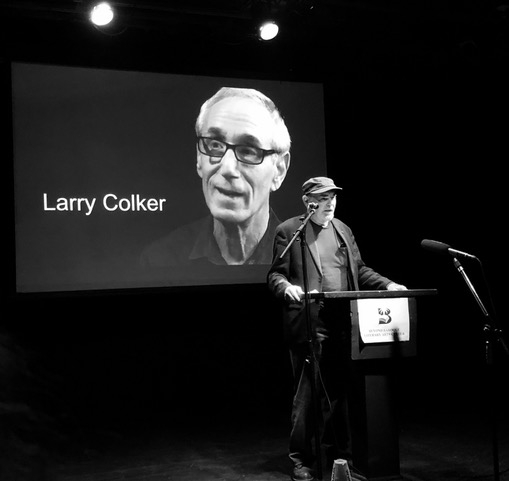
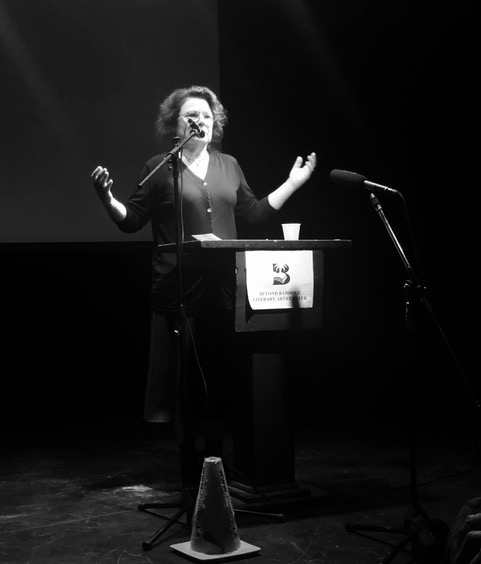
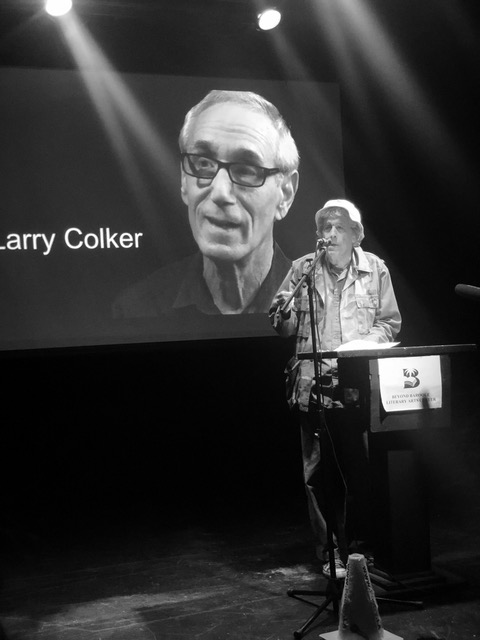
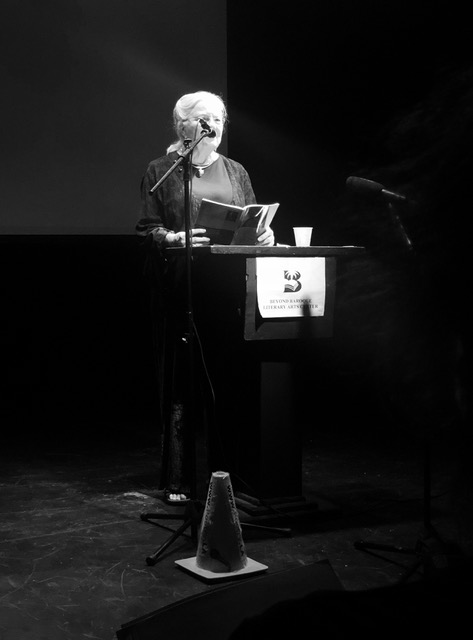
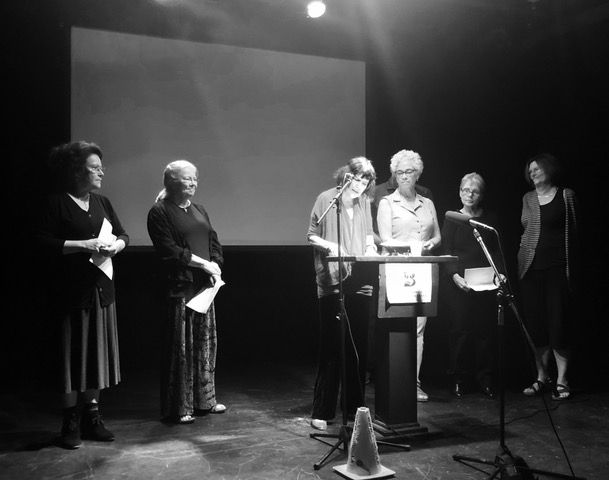
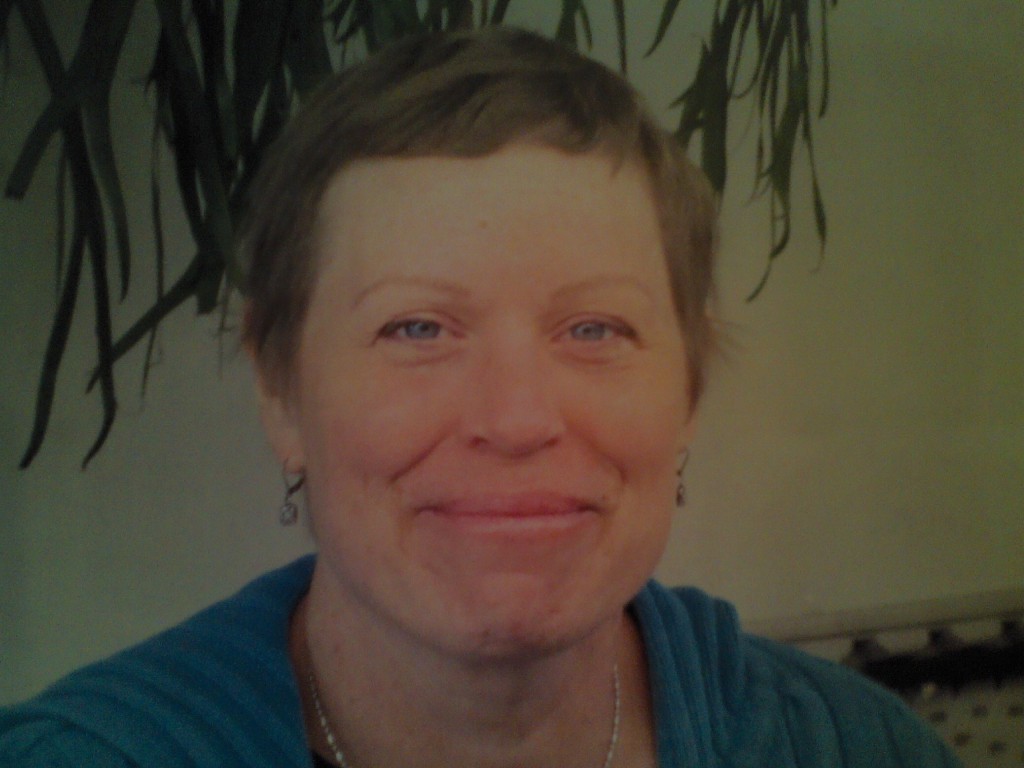

 About Bill Mohr
About Bill Mohr